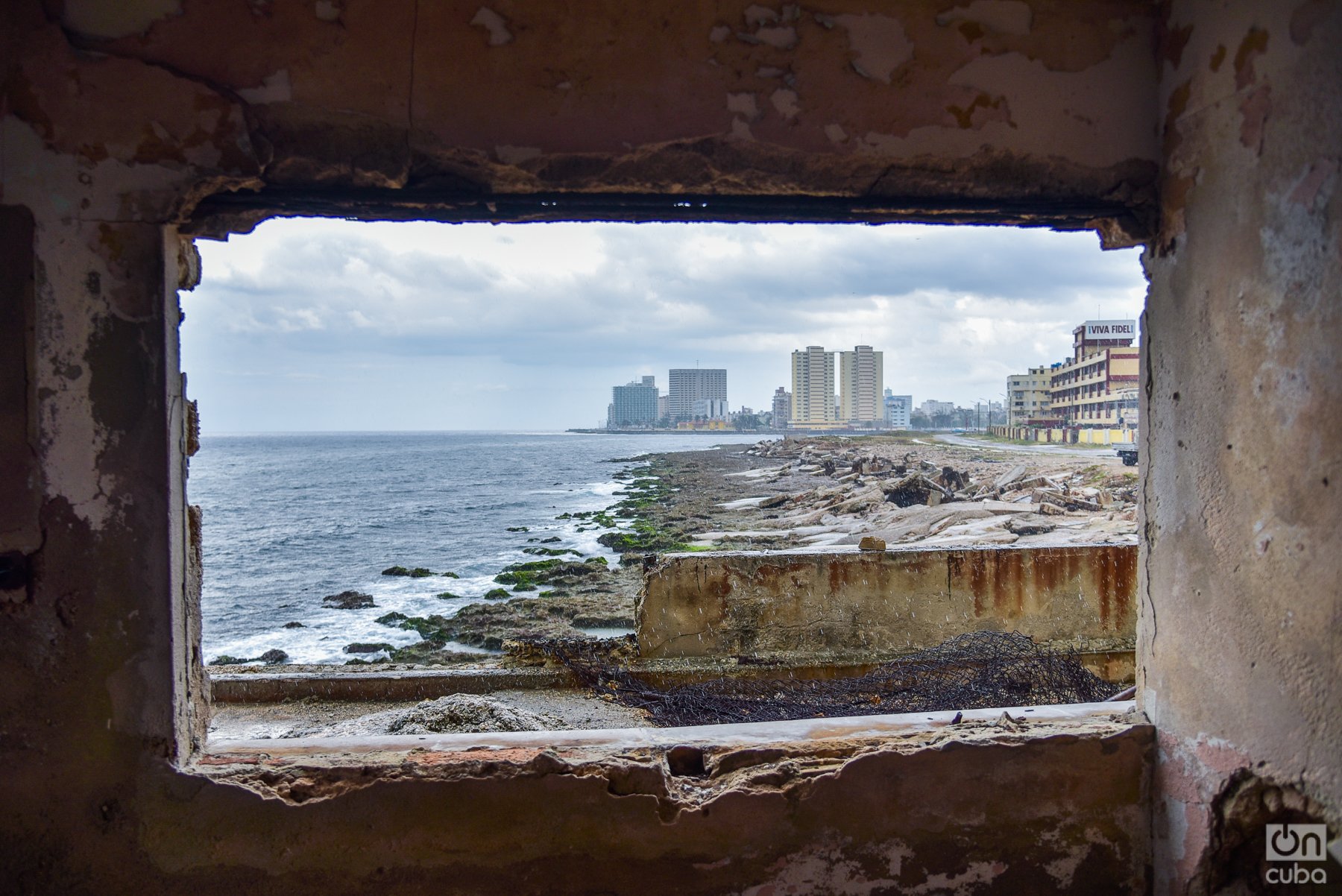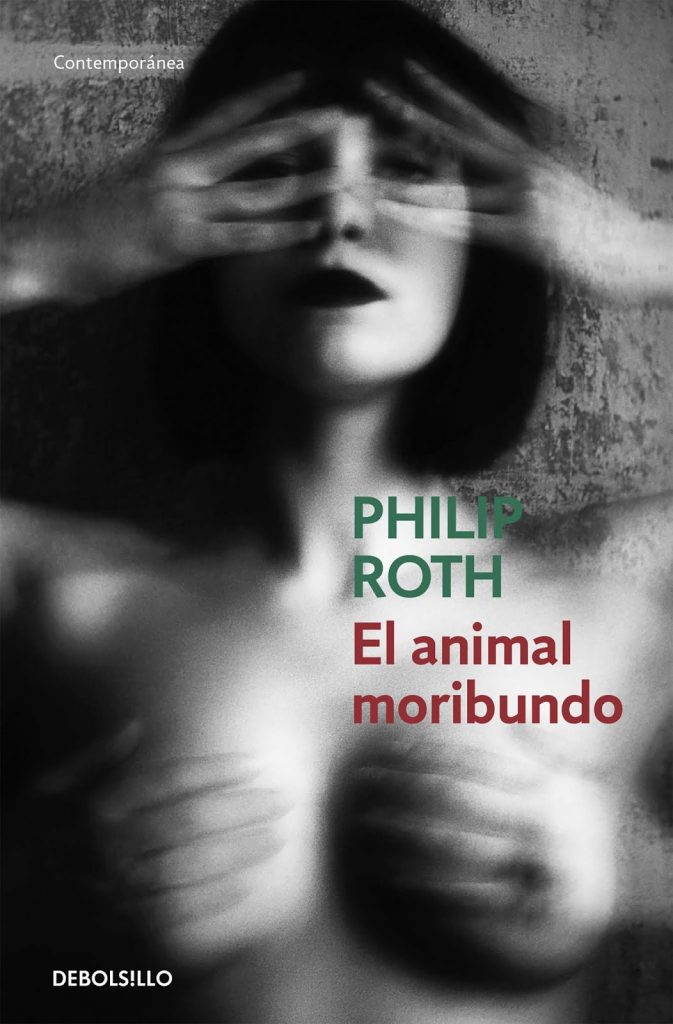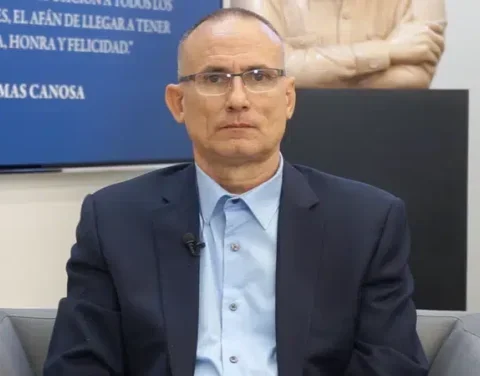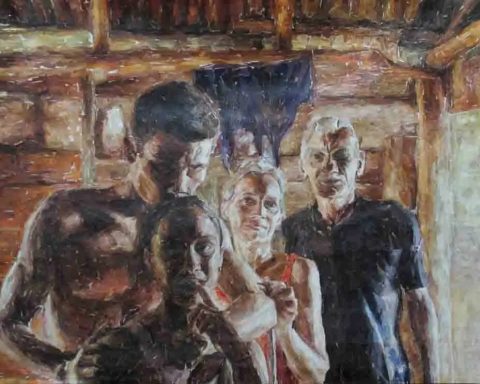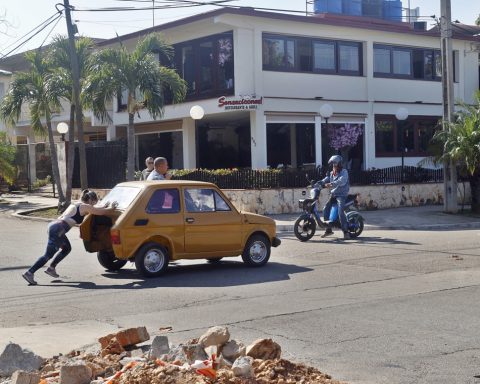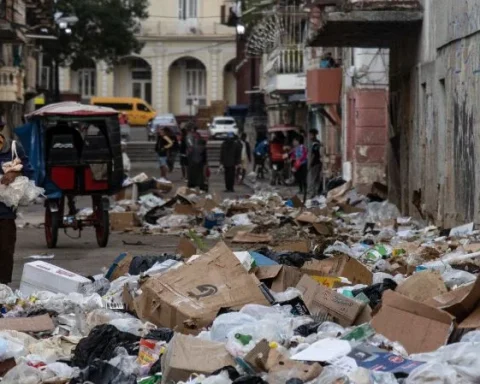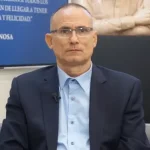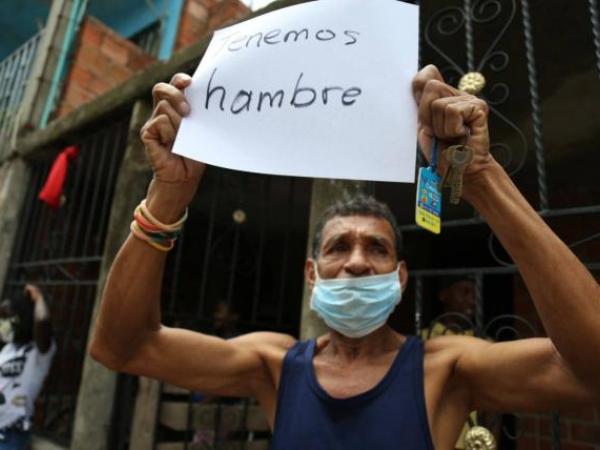A 32-year-old woman named Consuelo Castillo says: “I grew up as an exile, that’s why everything scares me, did you know that about me? Everything scares me.” She had been born in the United States, but she was so connected to the land of her ancestors, Cuba, that she was compelled to swear on her genuine feelings as a Cuban. If they ask her why, she without thinking answers: “Because my family is Cuban.”
He came from an ancient lineage made up of Spanish aristocrats who had migrated to the New World. They were prosperous there, and they were wealthy owners when the Cuban Revolution triumphed. That is why they fled to the United States, where they had no choice but to adapt. “The Cubans who came here because of the revolution had a way of seeing the world that, in some way, allowed them to get along very well.”
When Consuelo Castillo’s grandfather recovered the money that the US government had provided him in bonds, he returned a million dollar check that the administration received stupefied as never before. “He doesn’t know what to do with the money,” says Consuelo. She liked to return favors. She tells everything one night when she lies in front of a television screen while her 70-year-old lover hugs her with feelings that are confused between desire and melancholy.
They say goodbye to the old year and welcome the new century. The 21st century. She is fearful. She is afraid of time because now it becomes even more finite and she, no matter how much she strokes, cannot know if she will be saved. She is dying faster than it would mean for any person to die normally. Unless the disease recedes the end is nearer. The chemotherapy sessions ended up leaving her with a fluff that, however, does not essentially alter her implacable, bestial, reckless beauty. Nor do they affect an idea projected as a dream that is not going to come true.
An image rips old sensations out of him. And it is not death. Or it is not directly about becoming aware of the fact of dying, ceasing to be, losing everything or being lost with everything. It is the fear of ending existence without materializing that old idea of unearthing what their ancestors had already buried. The idea is the journey and comfort. The idea has been removed by “it” you see on the screen.
“That” is nothing more than the hometown of his parents. Havana now represented by an amphitheater where you can see a thousand tourists “cornered”, according to the report that the chain passes ABC.
The scene is narrated by David Kepech, a renowned New York university professor who for decades has dedicated himself to seducing his former students. He maintains a passionate relationship for years with Consuelo Castillo, whose head now rests on her thighs. They both look at the television. On the screen there is no more of Cuba than a cabaret and there are no Cubans other than the variety artists that he describes as “lacking the art of entertaining.”
They discover “young people dressed in ridiculous white suits, who neither dance nor sing, but circle the stage howling into microphones. To his eyes, the showgirls look like leggy Latin transvestites from the West Village as they scamper about moodily. They carry huge lampshades on their heads, one meter high.
The image seems so deplorable to him that he makes Consuelo cry for five minutes. “This is what this man gives to the world”, he laments her, “This is what he teaches on New Year’s Eve”.
This man is Fidel Castro, a symbol of the political change that sent his family into exile. The image seen on the screen is what Kepech considers a “grotesque farce” or “an intentional and consistent satire” of the politician in relation “to the hatred he feels towards the capitalist world.” Suddenly, he too has been moved, shaken. The possibility of her death is the warning of her own death. She stops to contemplate the flesh of desire that will have to be severed by the disease. She hears him say:
“I didn’t want exile for my family, but you grow up and you hear people say Cuba, Cuba, Cuba all the time. And look! Those people! Such vulgar people!” Consuelo, who would have been a tourist if she were in that place from which she broadcasts her television report, suffers. The reality of the sick body is transformed into a sentimental lament. The idea rots and impoverishes. The dream germinated in her thanks to the memory of her ancestors is being outraged by the reality of which the collapse of her own body is also a part.
“Do you consider yourself Cuban?” asks Kepech. She replies: “I was born here, but no, I am Cuban, very Cuban.” And so she confesses to the lover the image she preserves of the land to which her roots go back; It’s not about beaches, it’s not that kind of portrait that she imagines, she warns: she has persistently seen herself on a border of sea and land, on a boardwalk. “That’s where I thought I’d be,” she says. “The street that could have been,” says the lover and narrator. “The street that should have been,” murmurs Consuelo.
It is a scene from The Dying Animal, a novel by the late and great American writer Philip Roth. The story was adapted to the cinema by the Spanish director Isabel Coixet. The phrase that Roth chooses as inspiration for his book belongs to the Irish writer Edna O Brien: “The body contains the biography as well as the brain.”
